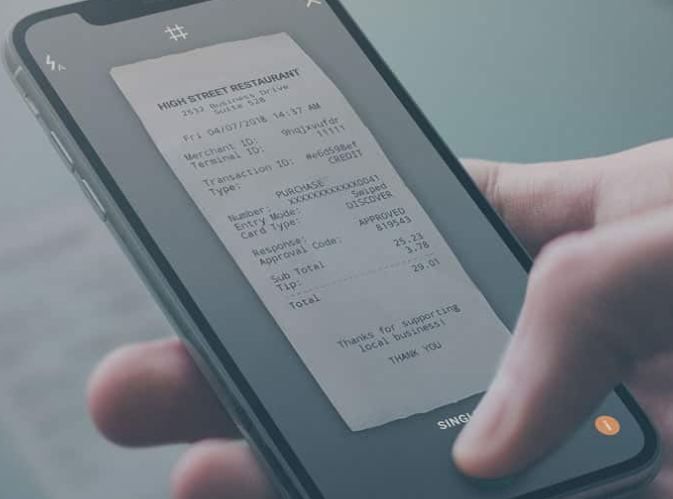Annual Party Tax Considerations
When it comes to dining either employees or clients, you have to be aware of the tax implications. If you dine your employees, it is considered an allowable business expense for the company but a taxable benefit for the employee. Unless the company has put a PAYE Settlement Agreement (PSA) in place those benefits have to be reported on the employee's P11D and the employee will end up paying taxes on those. When you dine clients however, this is considered entertainment, and it is therefore not an allowable business expense from a corporation tax standpoint (effectively increasing the tax rate for the company).
But there is an exception, the Christmas Party: HMRC allows businesses to dine employees, their partners and clients within a limit of £150 per year and per employee. Beware however that it is considered a reward for good work or a way of maintaining and improving staff morale and if you exceed the £150 limit the entire amount is disallowed.
There are some conditions however:
- If non-employees attend the party, i.e. partners or spouses, expenditure is allowable for tax provided the total expenditure for the party, including the non-employee guests, amounts to £150 or less per employee attending.
- If the entertainment is not available to all employees, e.g. limited only to the directors, then the expense is disallowed.
- While it's customary to have just one party per year, it's OK to split the party as long as the total for all parties does not exceed the £150 limit.
- And where VAT is concerned, the expenditure on non-employees is viewed as entertainment which means the VAT on that proportion of the expenditure cannot be claimed back, so you will need to show the split between employees and their non-employee guests.
Enjoy the holidays and make the most of what HMRC allows!



